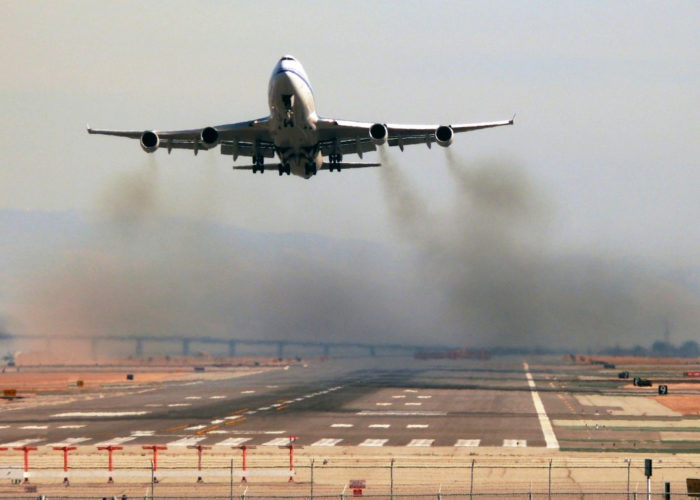Helping the poor whom unsustainability hurts is nice and essential but by definition isn’t solving the problem
You’ve heard “the people most affected by our environmental problems are causing it the least, and those causing it the most are the least affected by it.” It sounds unfair.
People who say that sentiment seem then to suggest we should help those hurt the most—the disadvantaged. They sure do try to explain to me that if I don’t focus on them, I’m out of touch.
No one wants to help them more than I do, but look at the statement. If the people affected most aren’t causing the problems, focusing on them means not solving the problem. You might feel good for helping helpless people, but you aren’t solving the problem.
To solve the problem, you have to change the people causing it. I think most Americans and people with access to polluting and depleting resources—including you, almost certainly—want to believe themselves blameless so they avoid looking at their contribution.
But those who buy airplane tickets, SUVs, packaged food, food shipped from around the world, big houses, and so on are the ones causing the problem. We have to focus on ourselves, not just people polluting and depleting more than we do.
But the bottom line is that focusing on people and cultures suffering the most distracts us from solving the problems, usually including ourselves. Not focusing on those causing the problems perpetuate the problems. That misalignment is why I focus on leading people who pollute and deplete the most and find role models among people who could have hurt others but didn’t.

Read my weekly newsletter

On initiative, leadership, the environment, and burpees